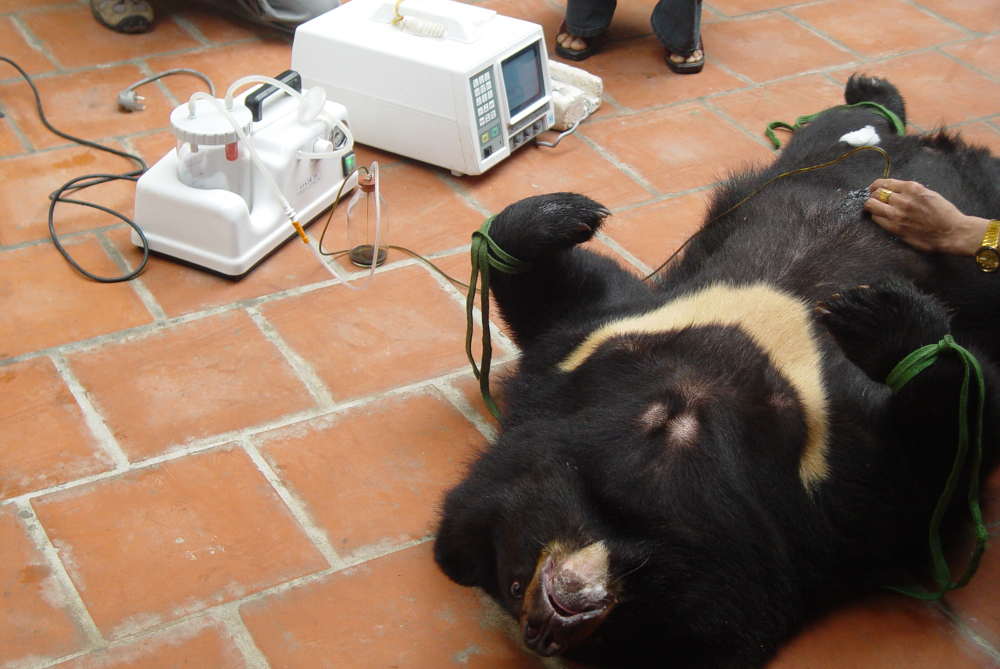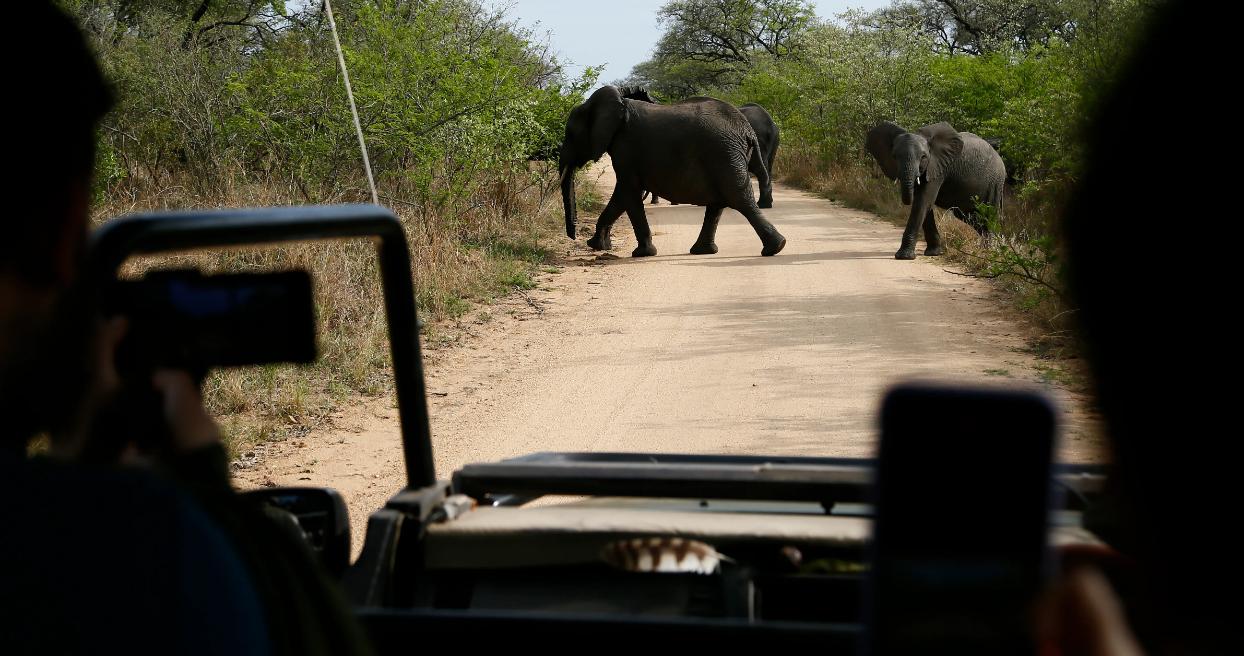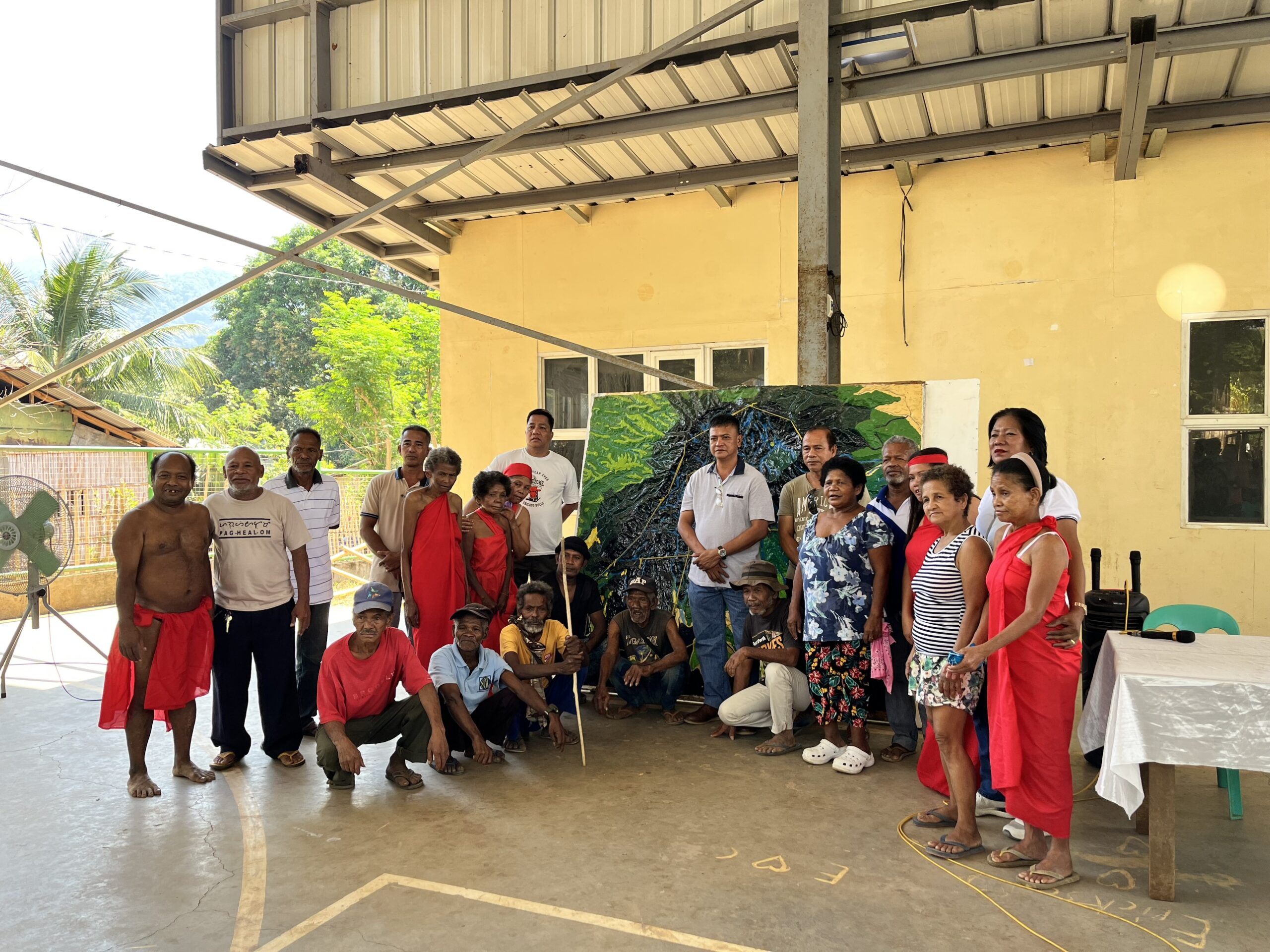On March 8, 2024, the Department of Forestry, Fisheries and Environment (DFFE) of South Africa released a draft National Biodiversity Economy Strategy (NBES) for public comment. The consultation period was initially set for two weeks but later extended to April 5, 2024.

Raising bears for gall poses challenge for environmentalists in Vietnam
Legalizing the wildlife product trade is the wrong approach, environmentalists say.

In theory, if products with lower prices and higher quality were provided in the market, this would cause a drop in illegal poachers’ profits and discourage them, some say. If so, the pressure on wildlife would ease.
Scientists, after investigating bear farms in Vietnam, concluded that bear farms do not help conserve bears in the wild. The presence of such farms poses challenges to law enforcement.
The farms where bears are raised for gall appeared in Vietnam in the 1990s to satisfy the increasingly high demand for bear gall and products from bears. In 1994, Vietnam signed the CITES (the Convention on International Trade in Endangered Species of Wild Fauna and Flora), committing to stop cross-border bear trafficking.
A decision by the agriculture ministry said that bear owners must register and place chips in bears by February 28, 2005.
Under Decree 32, on the management of endangered and rare wild animals and plants, gau ngua (Ursus thibetanus) and gau cho (Helarctos malayanu were put in the list of 1B Grou. The exploitation and use for commercial purposes of the two species are prohibited.
Under Decree 32, on the management of endangered and rare wild animals and plants, gau ngua (Ursus thibetanus) and gau cho (Helarctos malayanu were put in the list of 1B Grou. The exploitation and use for commercial purposes of the two species are prohibited.
This means that individuals could retain the bears registered before February 28, 200, but could not sell bear gall and catch more bears from the wild.
Nevertheless, despite the laws, the trafficking of wild bears and exploiting gall still continues.
Recent nationwide surveys found that wild bear populations have declined, occurring at the same time when the bear gall industry has been develops rapidly. This shows that the establishment of bear farms has had negative impact on wild bear populations.
Surveyors interviewed 66 people who raised bears in Hanoi, Nghe An, HCM City and Binh Duong fromMarch to July 2016.
Seventy three percent of surveyed farms were established in 1996-2005. There are three types of bear breeding, including small business households with 1-9 bears (36 percent), medium businesses with 18-40 bears (50 percent) and larger businesses with 70-100 bears (14 percent).
The documents compiled by PanNature say there is no evidence showing that breeding bears can have a positive impact on wild bear populations in Vietnam, and the breeding has no use for the conservation of the species.
Bear farms cannot satisfy people’s demand for wild bear gall. People believe that the quality of gall of bear raised in captivity is worse than that from wild bears.



